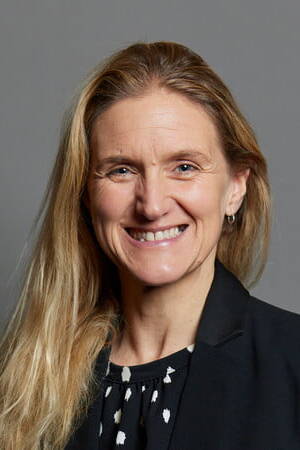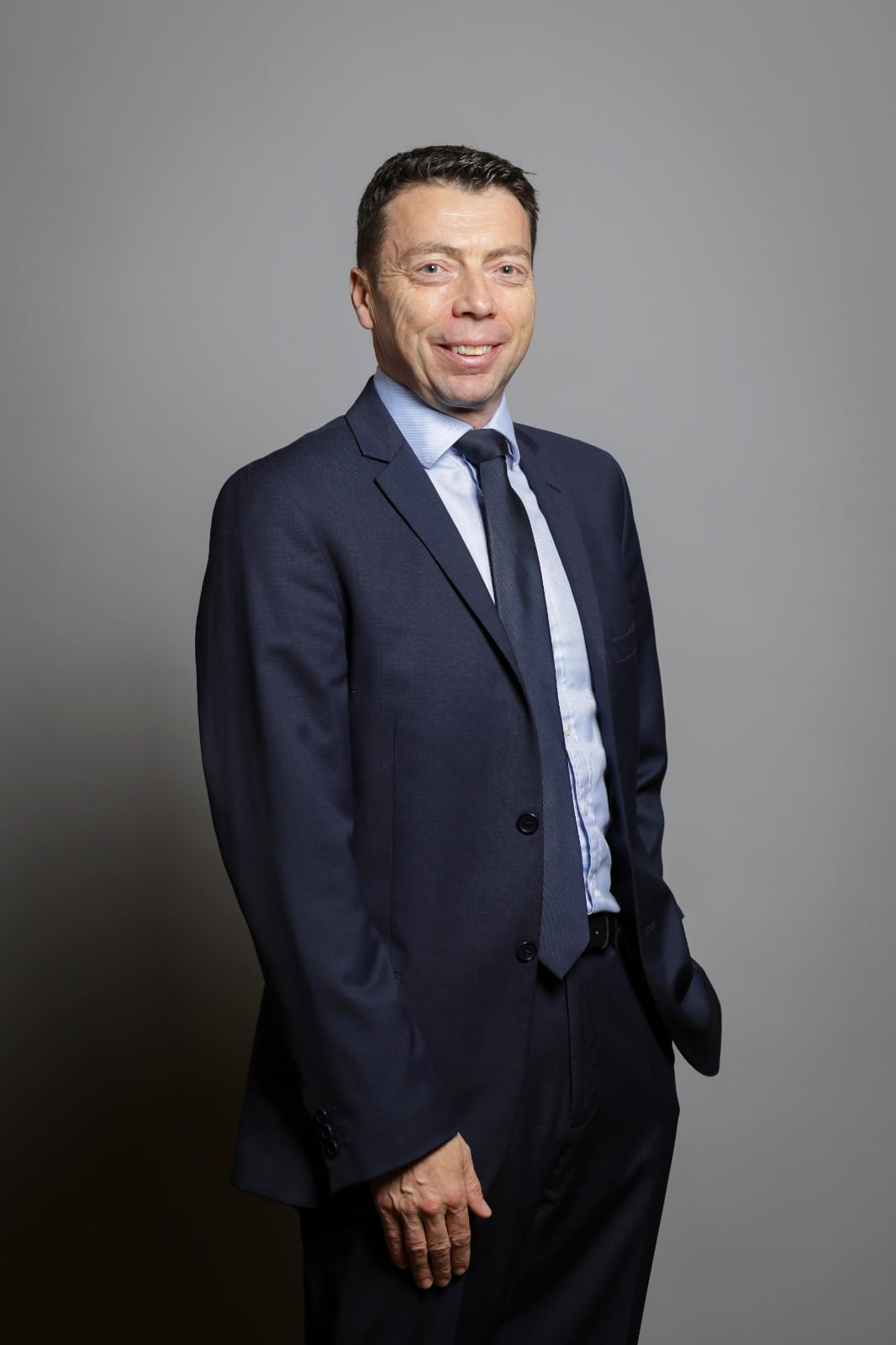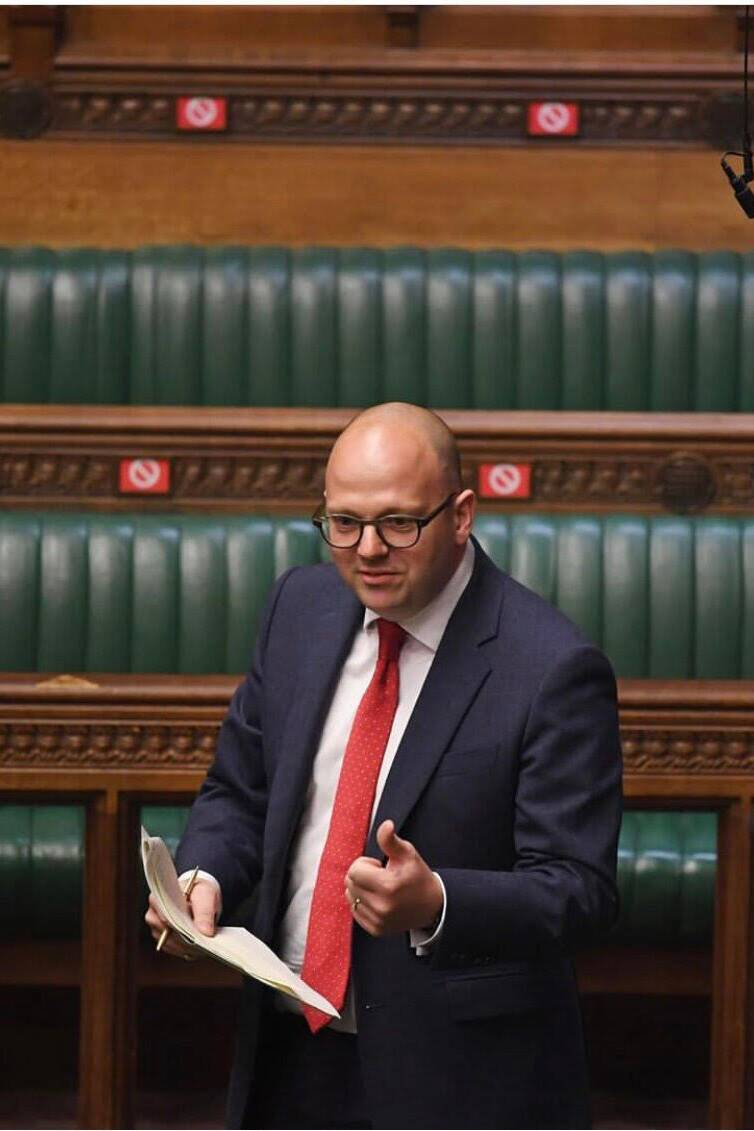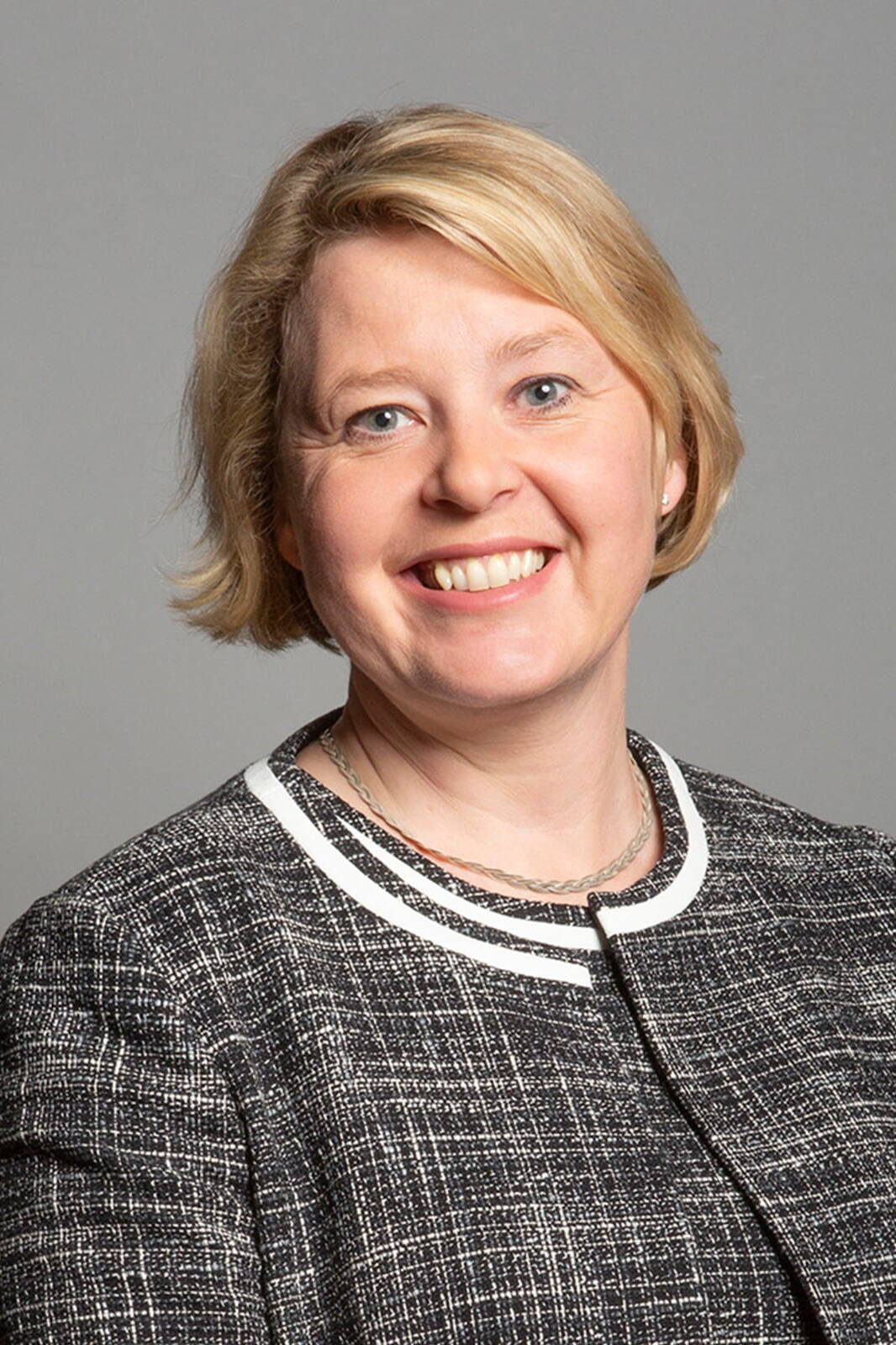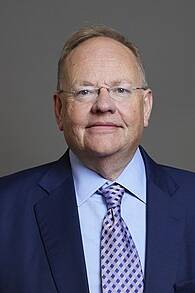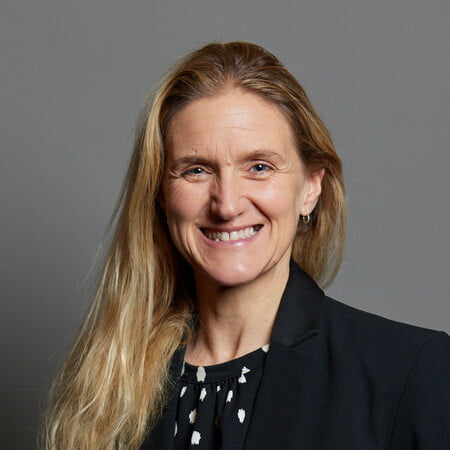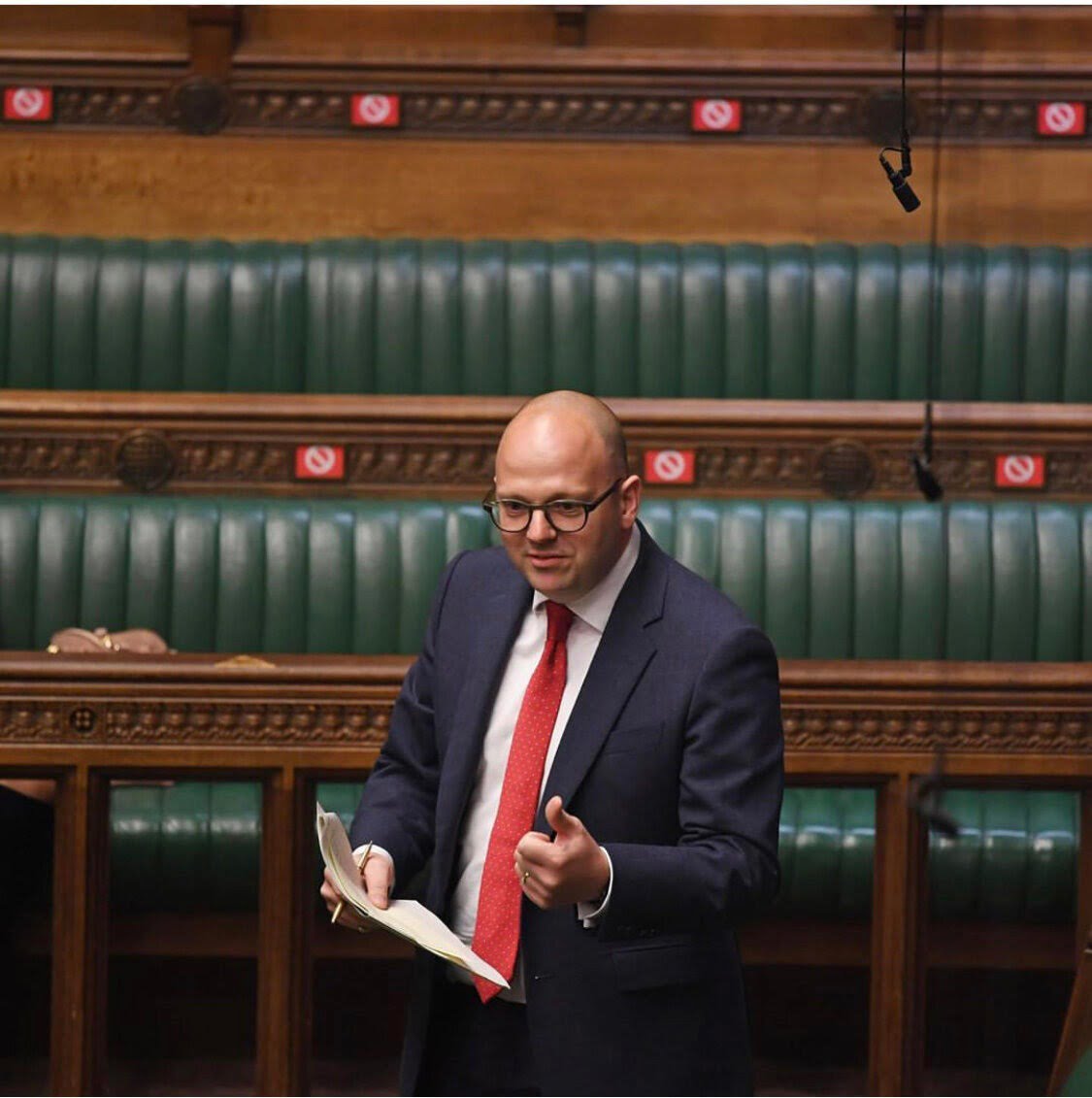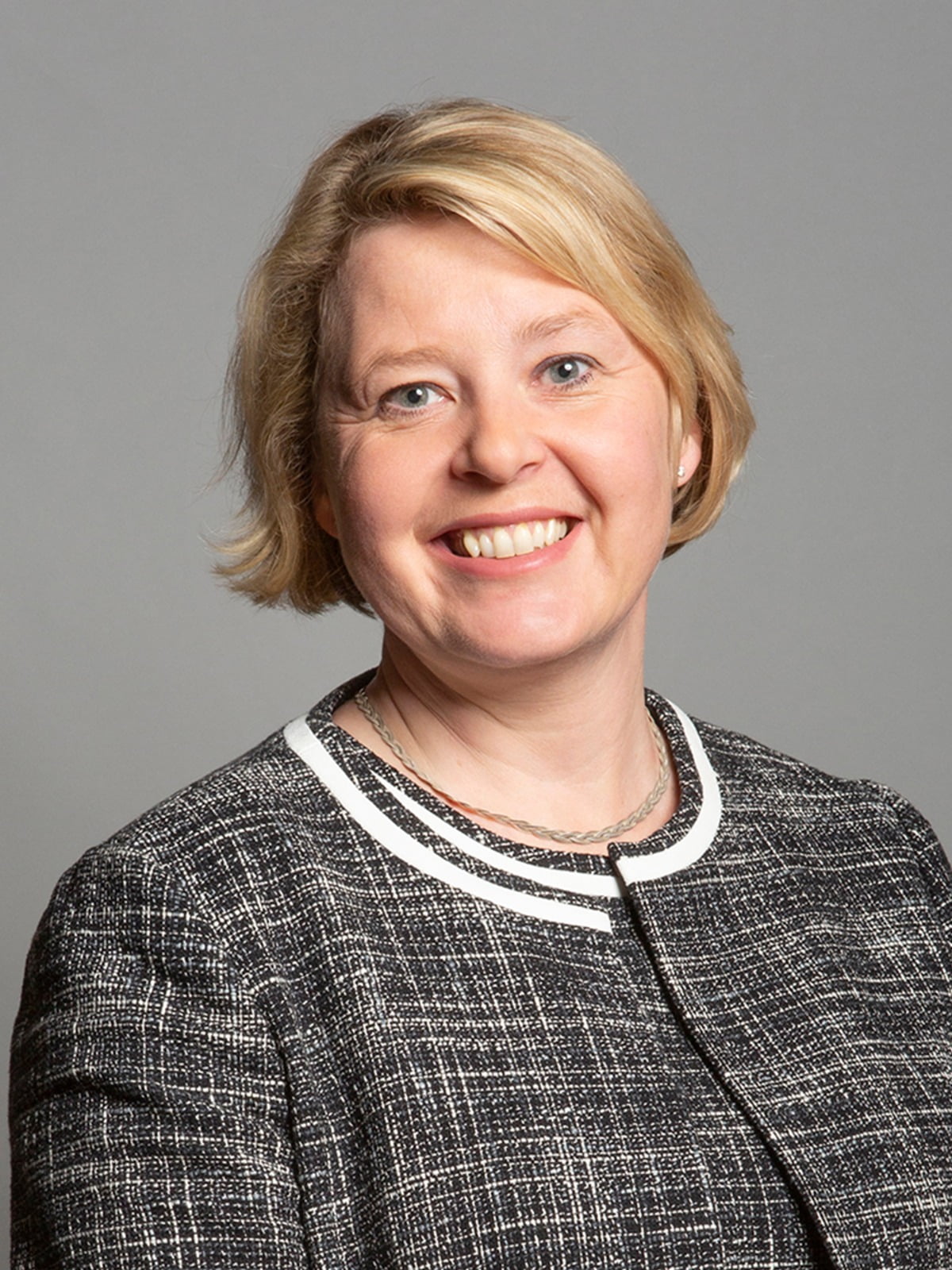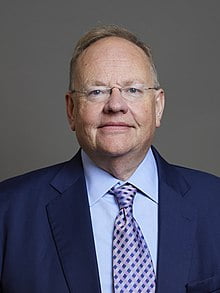ALL-PARTY PARLIAMENTARY GROUP ON POLITICAL LITERACY

The All-Party Parliamentary Group (APPG) on Political Literacy provides an all-party forum to discuss the current provision of citizenship and political education (in schools, further and higher education) and to explore how best to further strengthen political literacy education so that young people regardless of background, can play an informed, active role as citizens in our democracy.
The key aim of this APPG is to provide evidence for the importance of political literacy education in promoting youth participation in democratic life. The ultimate goal of this APPG being to ensure that all young people become politically literate by the time they finish their secondary education.
The secretariat is Shout Out UK
The APPG seeks to realise its key goal by supporting a mandate to:
(a) provide every child with a minimum entitlement of political literacy in school by, in the first instance, resourcing and monitoring existing requirements to teach citizenship education (including the role of teacher training) at Key Stages 3 and 4 in England and through alternative routes in the other constituent nations of the UK.
(b) explore the potential for new and/or improved qualifications related to political literacy, including the possibility to enhance provision through a Government & Politics GCSE, EPQ, BTEC etc as examples.
(c) strengthen the profile of political literacy in schools by incentivising educational authorities and system leaders to raise the status of citizenship and political education in the curriculum, as well as driving the increased uptake of related qualifications within existing assessment and classification metrics
(d) enhance and conduct research to provide evidence for the link between Political Literacy & democratic participation, as well as explore the best ways to deliver on the goal of ensuring all young people receive a political literacy education.
The group will explore and discuss a wide range of strategic measures, ideas and interventions to strengthen provision for and teaching of political literacy in schools. To ensure that the Curriculum meets young people’s needs and wants, we would like to include their voice in this discussion. In addition to this, we would like to ensure that Political Literacy is ingrained in all future democratic and youth initiatives, in order to build a healthy democracy.
The Missing Link Report
In 2021, Shout Out UK and Dr James Weinberg released a report titled ‘The Missing Link’, which examined the state of democratic education (i.e. the teaching of politics and political literacy in all forms) in English schools. The report concludes that democratic education exists as a peripheral feature of secondary education in England and is being delivered by non-specialists who neither feel prepared to teach it nor favour appropriate pedagogic practices.
Previous Meetings & Projects
APPG Minutes
- Minutes – 12th (Annual General) Meeting held on 19.03.2024
- Minutes – 11th Meeting held on 12.12.2023
- Minutes – 10th Meeting held on 17.10.2023
- Minutes – 9th (Annual General) Meeting held on 24.04.23
- Minutes – 8th Meeting held on 13.03.23
- Minutes – 7th Meeting held on 05.12.22
- Minutes – 6th Meeting held on 17.05.2022
- Minutes – 5th (Annual General) Meeting held on 08.02.2022
- Minutes – 4th Meeting held on 04.11.2021
- Minute – 3rd Meeting held on 14.09.2021
- Minutes – 2nd Meeting held on 13.05.2021
- Minutes – Inaugural Meeting on 19.01.2021
In The News
- Push to ensure pupils are ‘politically literate’ – BBC
- Kim Leadbeater MP on BBC Breakfast – BBC
- Political literacy: why county MP Cat Smith says schools should be teaching it. – Lancashire Post
- Political Studies Association welcomes a new appg on political literacy – PSA
- Two parallel but disconnected tracks: Bridging media literacy and citizenship education – LSC
- A new survey on the teaching of political literacy warns that the gap in England’s education system threatens to undermine democracy – Independent Education Today
House of Commons & Lords Members
- Kim Leadbeater MP (Labour Party) as Co-Chair
- Lord Iain Mcnicol (Labour Party) as Co-Chair
- Simon Fell MP (Conservative Party) as Vice-Chair
- Nickie Aiken MP (Conservative Party) as Vice-Chair
- Lord Chris Rennard (Liberal Democrat Party) as Vice-Chair
- Lord David Blunkett (Labour Party)
- Lord Bird (Crossbench)
- Ben Bradley MP (Conservative Party)
- Caroline Lucas MP (Green Party)
- Owen Thompson MP (SNP)
- Yasmin Qureshi MP (Labour Party)
- Layla Moran MP (Liberal Democrat Party)
- Helen Hayes MP (Labour Party)
- Tim Loughton MP (Conservative Party)
- Flick Drummond MP (Conservative Party)
- Phillip Dunne MP (Conservative Party)
- Lord Andrew Lansley (Conservative Party)
- Christian Wakeford MP (Labour Party)
- Lord Simon Woolley (Labour Party)
- Kate Green MP (Labour Party)
- Afzal Khan MP (Labour Party)
- Ruth Jones MP (Labour Party)
- Rachel Hopkins MP (Labour Party)
- Cat Smith MP (Labour)
- Marion Fellows MP (SNP)
- Emma Hardy MP (Labour Party)
- Lord John Taylor (unaffiliated)
Academic Advisory Group
- Dr. James Weinberg, AAG lead
- Prof. Matthew Flinders, Sheffield University - Principal Special Adviser
- Dr Sarah Mills, Loughborough University
- Prof. Toby James, University of East Anglia - Fellow on Electoral Registration and Administration
- Dr Andrew Mycock, University of Huddersfield, Trustee of the Political Studies Association
- Prof. Angie Wilson, President of Political Studies Association (PSA)
- Prof. Rachel Gibson, Professor of Political Science at the University of Manchester
- Dr Ariadna Tsenina, Research Associate at the University of Manchester
- Dr Marina Cino Pagliarello, London School of Economics and Research Director for the project ‘Civic Education and Populism’/89Initiative
- Prof. James Sloam, Royal Holloway, University of London
- Dr. Cormac Mac Amhlaigh, Senior Lecturer in Public Law at the University of Edinburgh Political Studies Association (PSA)
- Dr Arlene Holmes-Henderson, Senior Research Fellow, Speaking Citizens project, University of Sussex
- Dr Christine Huebner, Nottingham Trent University, Political Studies Association Young People’s Politics Specialist Group
- Dr Ali Bhagat, The University of Manchester
- Dr Edda Sant, Manchester Metropolitan University
- Professor Bryony Hoskins, University of Roehampton
- Dr Jan Eichhorn, University of Edinburgh & d|part
- Dr Deborah Ralls, Leverhulme Early Career Research Fellow, School of Education, Communication and Language Sciences. The University of Newcastle.
- Dr Sandra Obradović, Senior Lecturer in Psychology, The Open University
Disclaimer:
This is not an official website [or feed] of the House of Commons or the House of Lords. It has not been approved by either House or its committees. All-Party Parliamentary Groups are informal groups of Members of both Houses with a common interest in particular issues. The views expressed in these webpages are those of the group.


